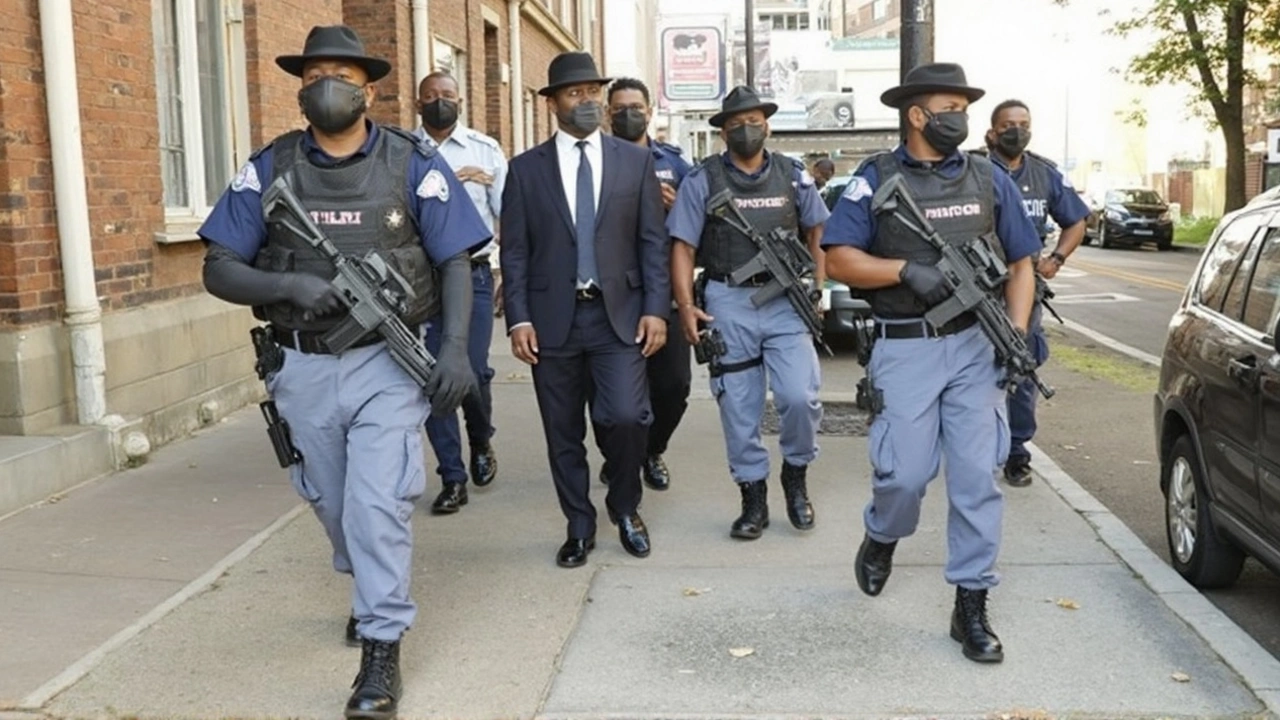Police Budget: Where Your Taxes Meet Public Safety
A police budget is the money a government sets aside each year for law enforcement. It pays salaries, training, vehicles, equipment, overtime and support services. Budget choices change how safe people feel and which problems police try to solve first. That matters whether you live in a big capital, a small town, or a neighborhood under-resourced for decades.
How budgets are made varies. At national level, police funding may come through ministries or national police agencies; municipalities set local policing budgets during annual budget cycles. Councillors, finance departments and police leaders negotiate priorities, then the council or parliament approves spending.
Watch the line items. Salaries often take the largest slice, followed by operations like patrol, investigations and custody facilities. Smaller lines for community programs, mental health response or civilian oversight can be telling: underfunded prevention means more pressure on enforcement.
Questions to ask at budget hearings. How much goes to overtime and why? Are funds tied to measurable goals like response times or crime reduction? What share funds civilian roles such as social workers, dispatchers and auditors?
How to follow the money. Start with the published budget documents on your council or government website and search for the police or public safety chapter. Look for annual reports, auditor statements and performance dashboards that show spending against targets.
Use your voice. Attend town halls, send questions to councillors, and demand plain-language breakdowns. If you care about community safety, support reallocations to proven prevention programs or insist on clearer oversight to cut waste and misconduct.
What debates look like. Some argue boosting police numbers cuts crime fast; others say money invested in housing, jobs and mental health prevents crime longer term. Both views matter; the budget should show expected results and allow the public to judge outcomes.
Why this tag matters to Patio Pulse readers. Across Africa, budget choices shape policing from city centers to rural districts; tracking those choices helps citizens demand safer streets and fairer systems. Use this tag to find reporting, analysis and guides that make budgets less confusing and more actionable.
Quick checklist to check a police budget: Find total allocation and year-on-year change. Check how much goes to salaries versus community services. Look for capital projects such as prisons or new stations. Ask if funding includes training on de-escalation and human rights. See whether civilian oversight bodies have independent budgets and auditing powers.
If you want deeper checks, file a simple information request. Ask for spending broken down by line item and by unit for the last three years to spot trends. Partner with local NGOs or journalists who track budgets — they know which numbers matter and how to push for answers. Follow stories under this tag to see investigations, simple explainers and live budget updates from different countries and cities. Got a tip or a question about a local police budget? Email us or drop a comment on any story. We'll follow up and explain what changes happen.

South Africa's SAPS Lapses Force R11.8 Billion Shift to Private Security Every Year
Keabetswe Monyake Jun 27 10South Africa spends R11.8 billion yearly on private security due to SAPS's shortcomings, despite a hefty R100 billion police budget. Major departments shell out billions as crime remains high, and VIP protection costs keep soaring. The DA pushes for answers from Minister Cele amid mounting citizen frustration.
More Detail